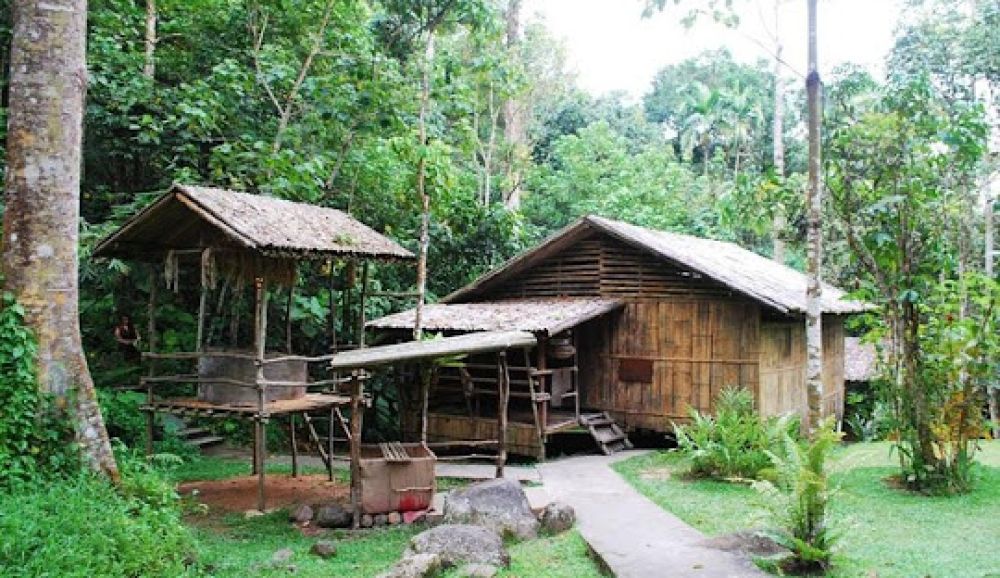

The history of tourism at the Mari Mari Cultural Village in Kota Kinabalu, Malaysia is a fascinating journey that celebrates the richness of Bornean indigenous cultures. Nestled amidst the lush tropical forests of Sabah, this living museum was established with the aim of preserving and sharing the traditions, lifestyles, and customs of the local ethnic communities.
The village officially opened its doors to visitors in the year 2008. The founders of the Mari Mari Cultural Village established it to counter the rapidly modernizing society that was leading to the dilution of indigenous cultures. Recognizing the importance of maintaining the heritage of the five major ethnic tribes in Sabah, namely the Bajau, Lundayeh, Murut, Rungus, and Dusun, the village was set up to be an educational and interactive experience for both locals and tourists alike.
Over the years, tourism at Mari Mari Cultural Village has experienced significant growth. Initially appealing to culture and history enthusiasts, the village soon garnered interest from a wider audience, including school groups, international tourists, and those seeking more meaningful experiences beyond the typical tourist trail. Today, it stands as one of the must-visit attractions in Sabah, providing valuable insights into the traditional Sabahan way of life.
Visitors to the Mari Mari Cultural Village are treated to an immersive experience where they can witness the beauty of pre-modern Borneo architecture in the form of traditional houses, each designed to represent the tribes they belong to. Guided tours offer an opportunity to see, firsthand, the everyday activities of ancient Borneans such as fire-starting, tattooing, rice-wine-making, and bamboo cooking.
Dance performances by the locals are a highlight, along with the chance to participate in interactive demonstrations and workshops that showcase the various arts, crafts, and cuisines of the tribes.
As global tourism seeks out more authentic and sustainable travel experiences, Mari Mari Cultural Village has emphasized these aspects in its offerings. There has been an increase in eco-conscious travelers who value cultural preservation and responsible tourism practices, which aligns well with the village's ethos.
The village has also tapped into the digital sphere, offering information and booking capabilities online, which has increased its accessibility and popularity among younger tourists. Additionally, the installation of informative displays and the provision of multilingual guides have made the village an educational nexus that caters to a diverse range of visitors.
The success of the Mari Mari Cultural Village has had a positive impact on the local community. It provides them with employment opportunities, ensures the survival of their cultural legacy, and contributes to the local economy. The involvement of the indigenous people in showcasing their culture has fostered a sense of pride and strengthened their cultural identity.
As travel trends evolve, the Mari Mari Cultural Village continues to adapt, ensuring that it remains a vibrant, dynamic destination for visitors from around the world, whilst steadfastly preserving the rich cultural tapestry of Sabah's indigenous communities.